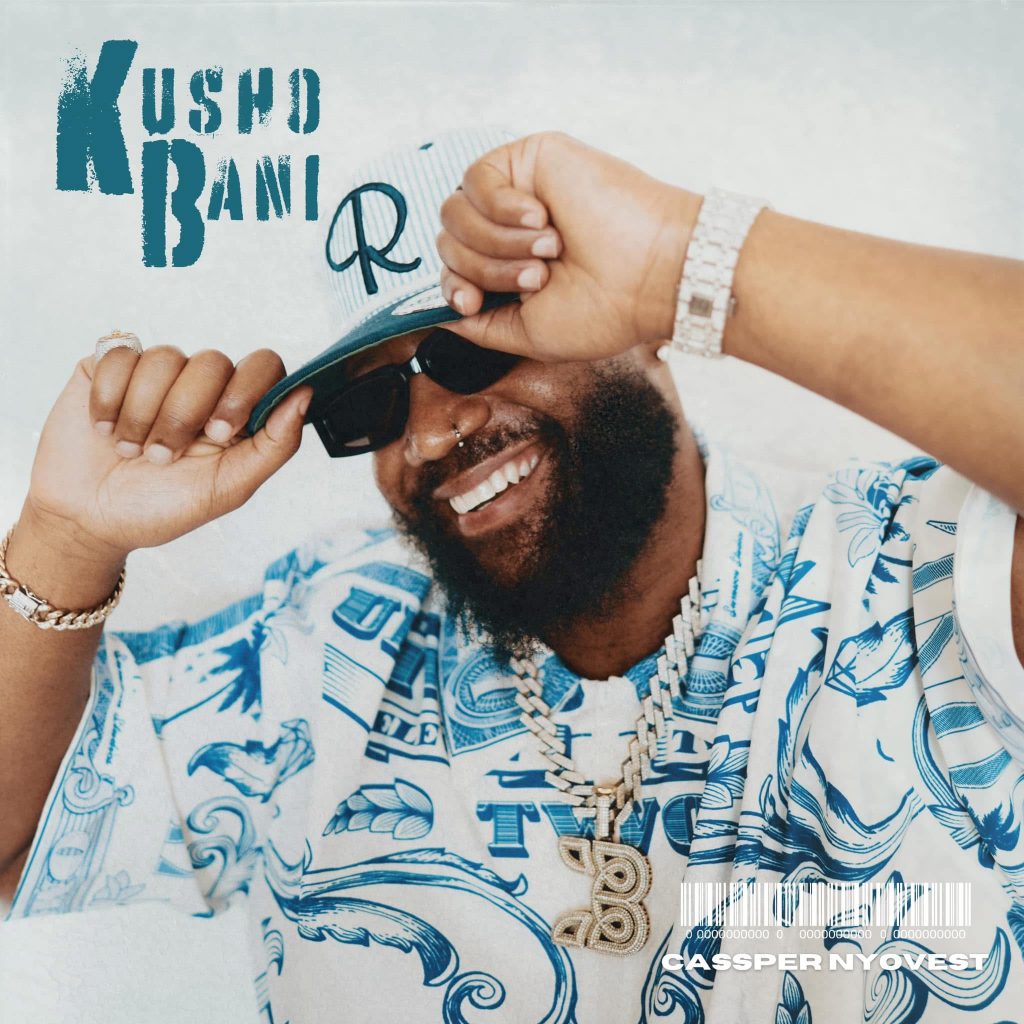I was 15 years old when Cassper Nyovest dropped Gusheshe, one of his 2014 hits that made everyone, including myself, take notice of this rising star. Watching Channel O and MTV Base just to catch the song playing was the highlight of my day back then. And Okmalumkoolkat’s verse? I knew it word for word. Gusheshe resonated with us all: relatable, brilliantly written by both artists, and culturally iconic. Fast forward over 11 years, and Cassper Nyovest remains active in the South African hip-hop scene, though his artistry has started to show cracks.
Cassper has always been a polarizing figure in South African hip-hop, his career defined by moments of triumph. Tracks like Doc Shebeleza cemented his reputation, and his accolades: including SAMA Awards, Metro FM Awards, and SAHH Awards speak volumes about his impact. Beyond music, Cassper has proven himself as a savvy entrepreneur, with ventures like his alcohol brand, Billiato, highlighting the importance of versatility in an industry as unpredictable as music. However, longevity in the game comes with its challenges, and his latest single, Kusho Bani, reflects the hurdles he has yet to overcome. Unfortunately, it misses the mark and underscores a troubling stagnation in his artistry.

Clocking in at just under four minutes, Kusho Bani feels like an experiment gone wrong, a mishmash of ideas lacking depth or cohesion. The hook is painfully grating, a juvenile chant that sounds like it was crafted in the back row of a kindergarten classroom. Backing vocals mimicking a child’s voice only make it worse, dragging the track deeper into mediocrity.
At the 1:56 mark, the song takes an unexpected turn with a theatrical excerpt: a faux phone call in which a man accuses Cassper of infidelity. While this could have been an interesting, Kendrick Lamar-inspired interlude, it feels entirely out of place and cringeworthy. Instead of adding complexity, it halts the song’s momentum, leaving listeners baffled about its inclusion.
The verses don’t fare much better. They feel shallow and uninspired, offering little in the way of memorable lines or deeper substance. Cassper’s trademark confidence is present, but the content skims over predictable themes: success, fatherhood, and his relationship with his wife, Pulane, without adding fresh insight. The hook, though arguably catchy, comes across as repetitive and lazy, further weighed down by the playful backing vocals that are unlikely to land with every listener.
The real tragedy of Kusho Bani lies in its production. Young Pepo delivers a hard-hitting, drill-and-trap-inspired beat that could’ve been the foundation for a standout song. The gritty snares and pulsing bassline carry undeniable energy, but they’re wasted on half-hearted writing and lackluster execution. The beat truly deserved better.
In the end, Kusho Bani reflects a larger issue in Cassper Nyovest’s career. Years into his reign as one of South Africa’s biggest hip-hop stars, he’s still relying on gimmicks instead of artistic growth. This leaves listeners like myself wondering if his best work is behind him or if it was only ever inspired by the competitive edge his longtime rival AKA provided. While Kusho Bani might find its niche appeal among Tik-Tok audiences, it falls far short of the polish and consistency that would make it a truly memorable song. For me, it’s a definite miss.


